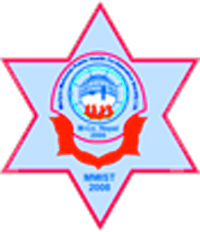Overview
Health Assistant (HA) at Kantipur College of Medical Science (KCMS), Kathmandu
The HA program prepares students for frontline primary care in clinics, hospitals, and community settings. KCMS follows CTEVT policies for curriculum, examinations, and internship posting. Learning combines classes, skills labs, ward exposure, and supervised field practice.
Highlights
-
CTEVT-affiliated PCL in General Medicine (HA)
-
Typical duration of three academic years as per CTEVT
-
Skills-based training in history taking, examination, procedures, documentation, and referral
-
Community posting and health-camp participation when scheduled by the college
-
Internal assessment plus CTEVT board examinations
Curriculum Details
Core areas include basic medical sciences, pharmacology basics, primary care protocols, maternal and child health, public health, emergency care, and communicable and noncommunicable conditions. Practical classes cover triage, vital signs, wound care, injection techniques, basic splinting, infection prevention, and safe medicine use under supervision. Field components introduce health-post routines such as OPD flow, recording, and timely referral.
Objectives
-
Prepare students for safe, supervised primary care tasks
-
Build confidence in patient interaction and clear documentation
-
Support responsible medicine use and referral decisions within national guidelines
-
Encourage community engagement through outreach activities
Scope
Graduates support doctors and nursing teams in clinics, hospitals, and public health programs. Typical placements include municipal health posts, private clinics, outreach camps, and NGO projects that follow national standards.
Learning Outcomes
Students who complete HA at KCMS can:
-
Take patient history and perform focused physical examination
-
Provide basic procedures and first response for common emergencies
-
Record findings, prepare reports, and refer patients without delay when needed
-
Follow infection prevention, waste management, and safety steps
Skill Development Modules
-
History taking and documentation
-
Clinical examination and vital sign interpretation
-
Basic life support practices within scope
-
Drug-use counseling under supervision
-
Community health survey and reporting
Teaching Methodology
Faculty use lectures, demonstrations, simulation practice, case discussions, and bedside teaching. Internal checks include short tests, OSCE-style stations, and logbook review. Final certification follows CTEVT procedures.
Admission Requirements
-
Eligibility: +2 Science or equivalent as per current CTEVT criteria for HA
-
Documents: Transcripts, character and migration/provisional certificates, citizenship or passport copy
-
Selection: KCMS may conduct a written test and interview. Final admission follows CTEVT rules and approved seats.
Career Opportunities
Graduates work as Health Assistants in health posts, primary care clinics, emergency units, and field programs. Career growth depends on experience, further study, and meeting regulatory requirements for specific roles.
Scholarships and Financial Aid
KCMS may announce limited support each cycle. Applicants should follow official notices for forms, deadlines, and quotas.
Why Choose This Course?
Students who want practical, people-facing work and clear community impact value the HA path. Kathmandu placement helps with exposure to service sites and referral networks.
Conclusion
The PCL in General Medicine at KCMS offers structured primary care training under CTEVT. Students gain hands-on practice, a clear reporting routine, and community exposure that fits Nepal’s healthcare needs.


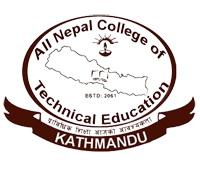
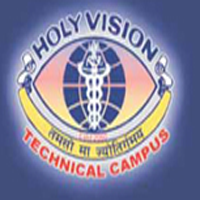
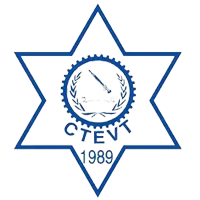
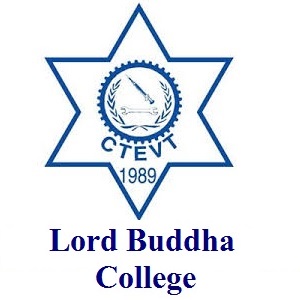
.png)
